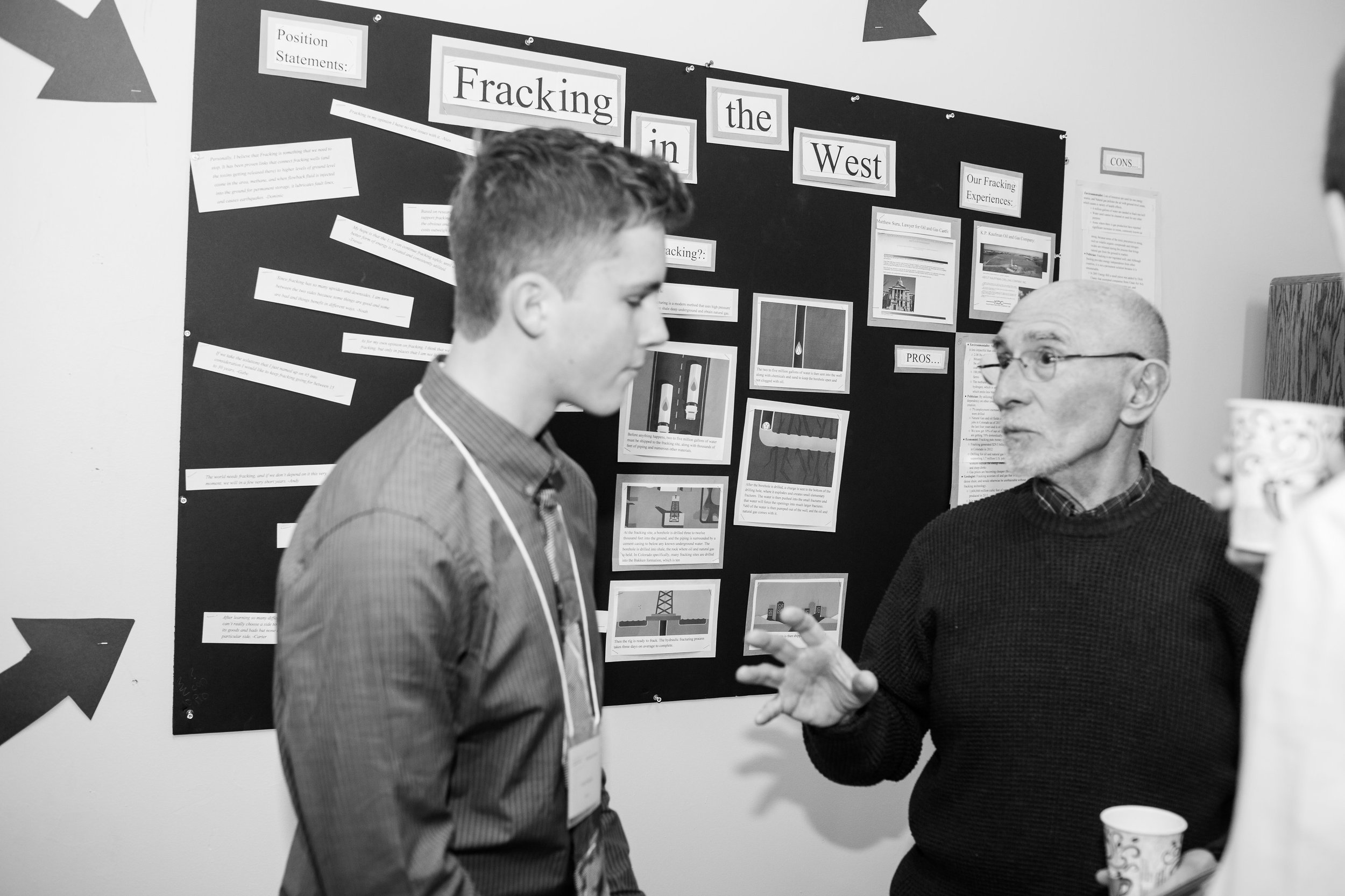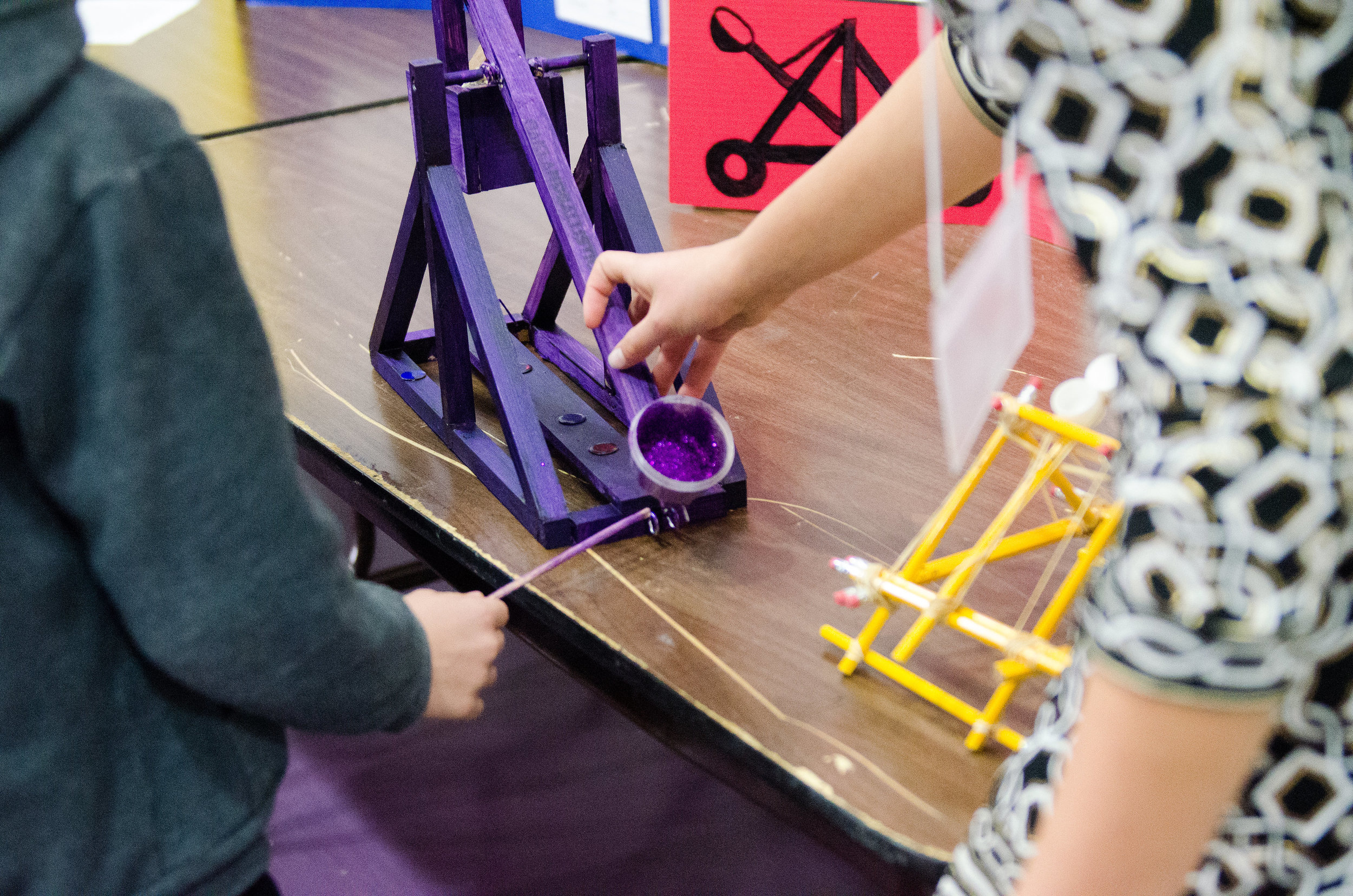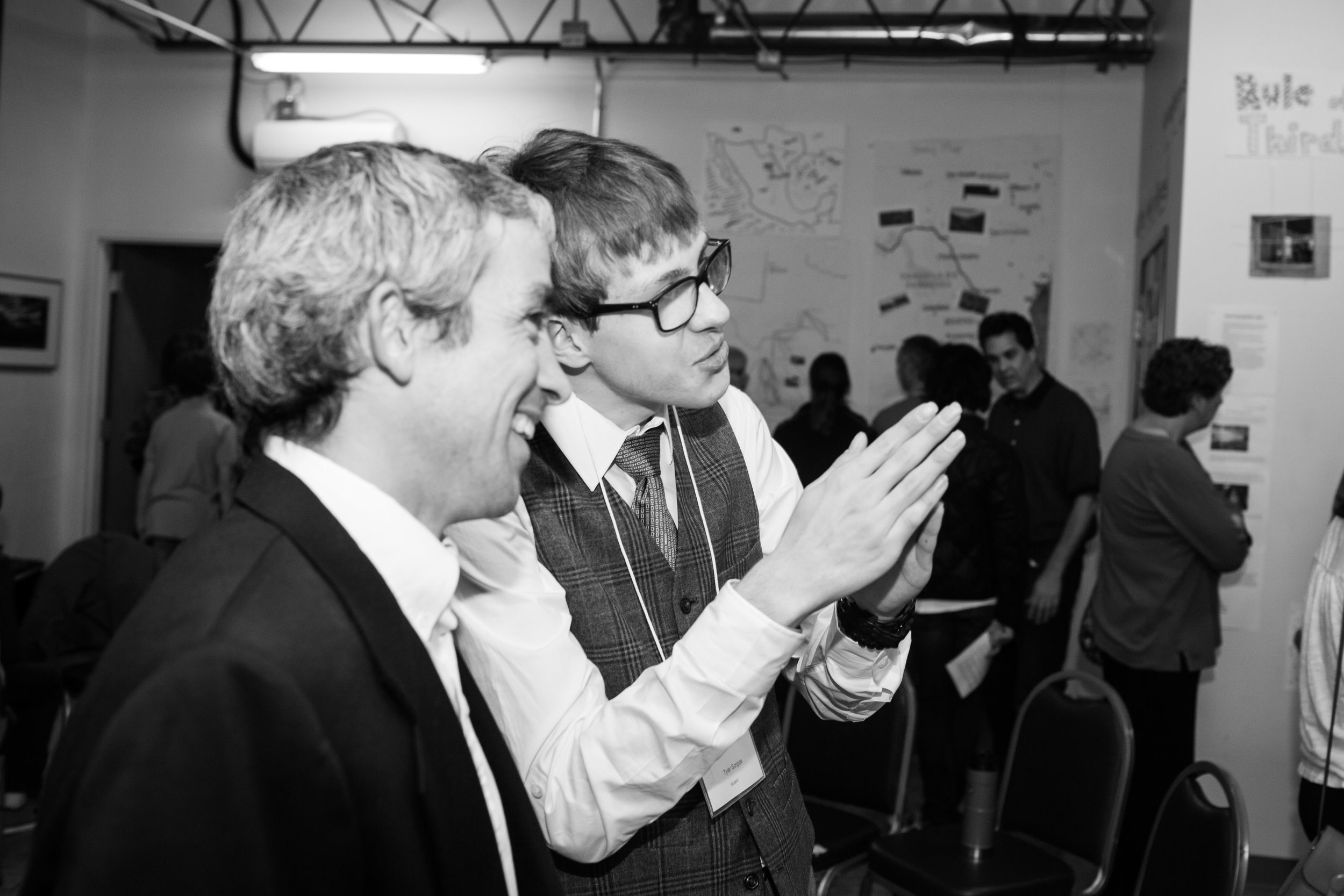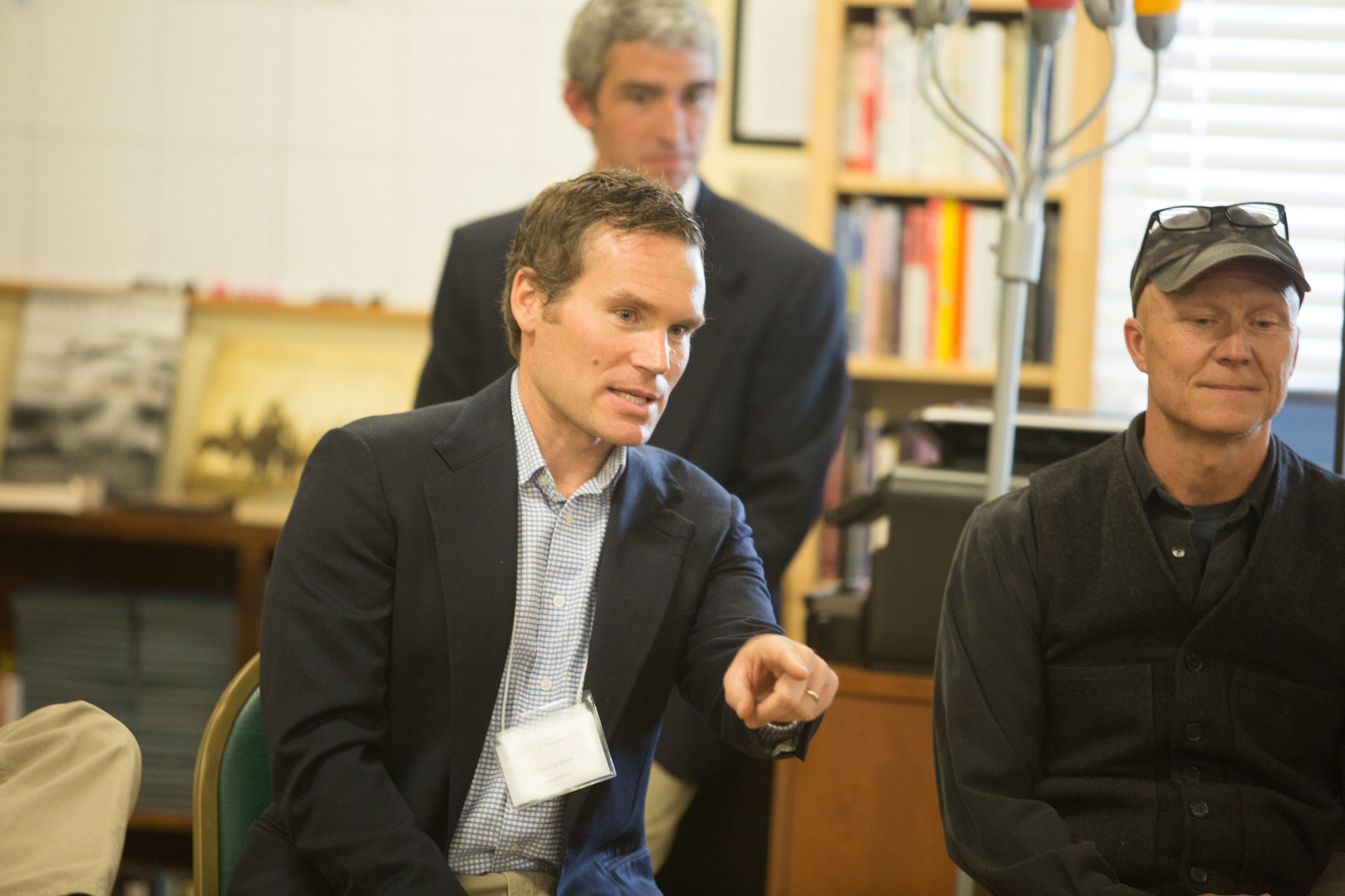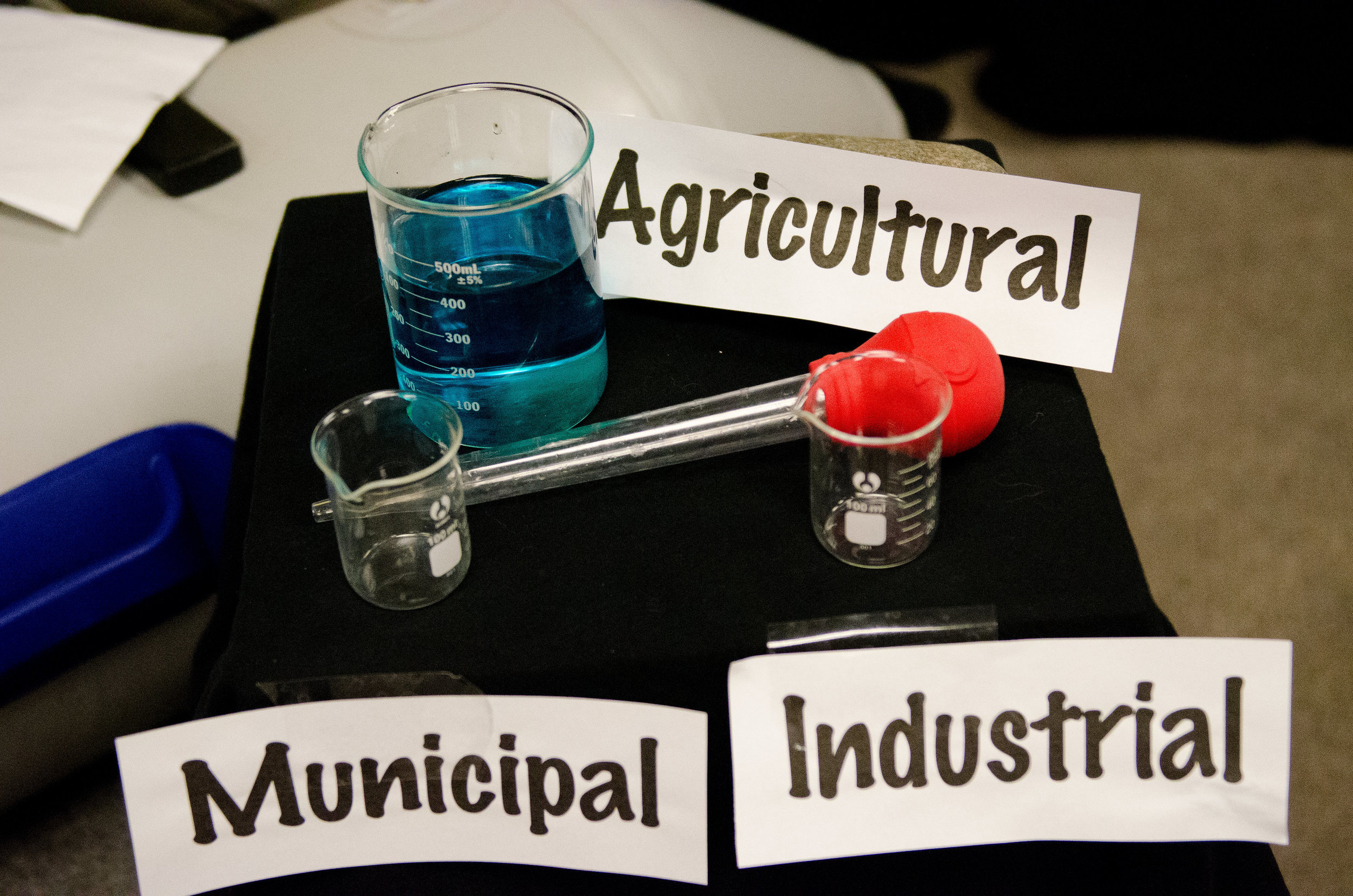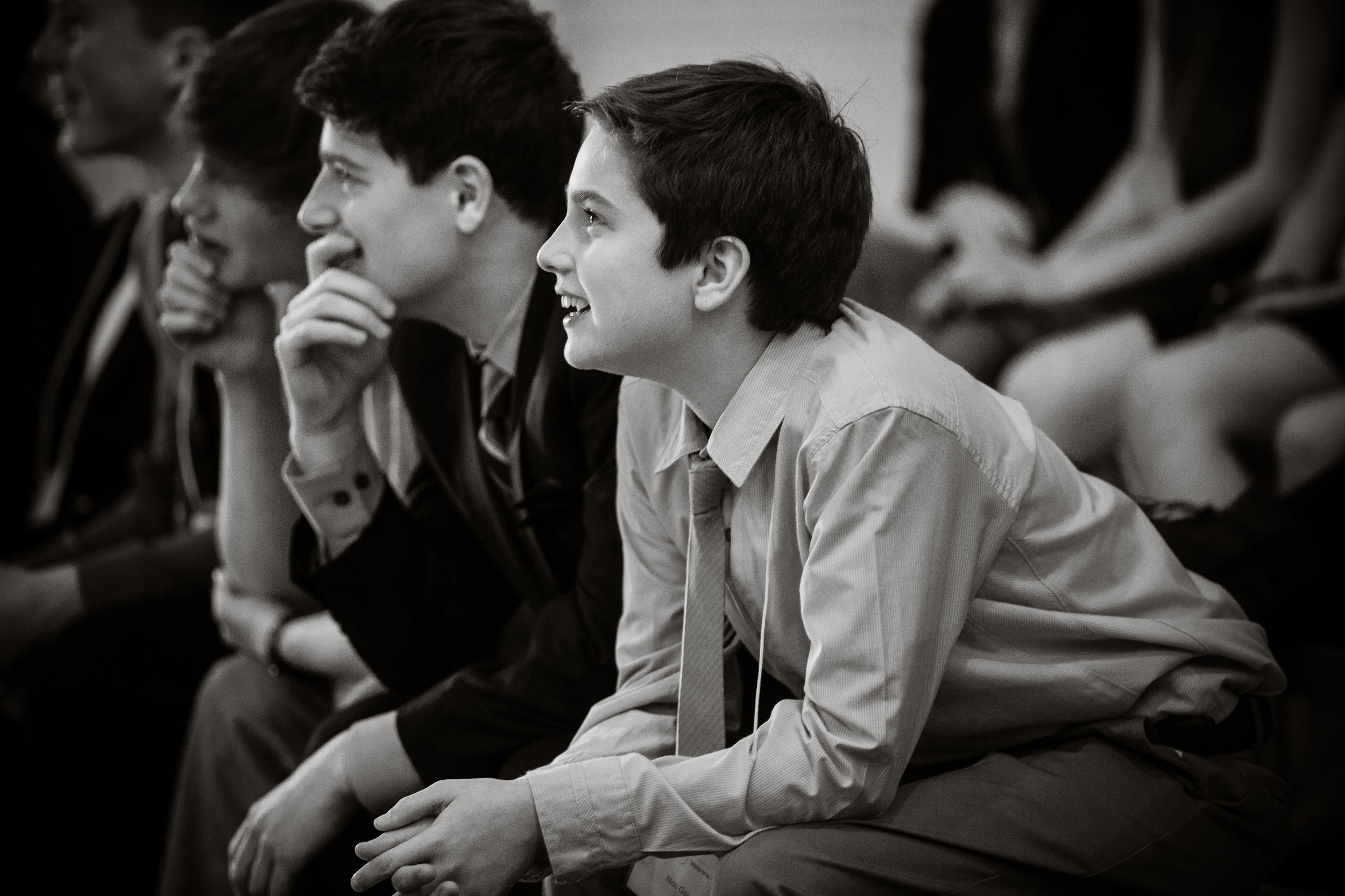Academic Philosophy
Watershed was founded on the best learning and teaching research, a commitment to focusing on our students’ futures, and a dedication to serving the human and ecological communities within and beyond the walls of the school. This is why we describe our program as research-based, future-focused, and community-engaged.
Skills & expedition courses
Our academic program is rooted in the understanding that we learn best when exploring topics that matter to us and are directly relevant to our lives and world. Our deepest learning happens from direct experiences, and our best work comes when we engage in projects that are truly meaningful. At Watershed, we group academic courses into two different categories: “Skills” courses and “Expedition” courses. This is on purpose, and is linked to research on learning and teaching.
SKILLS COURSES
Skills courses (e.g math, Spanish, writing, art, athletics/wellbeing, etc.) help students develop the skills and abilities to take on the world’s great challenges. These include: research skills, communication skills, quantitative reasoning skills, craft and artistry, and leadership. These skills and abilities are listed in our Portrait of a Graduate, and they clearly link to the research on success in college and beyond. In many ways, these courses help students develop foundational skills that enable them to do the work of exploring the world’s great challenges, in our expedition courses and beyond.
Recent High School Skills Courses:
Math
Spanish
Painting
Journalism
Explorations in Psychology
Textiles and Fiber
The Graphic Novel
Ceramics Through the Ages
Robotics
Recent Middle School Skills Courses:
Math
Spanish
Cinema Studies: Documentary Filmmaking
Painting and Perception
Creative Writing
Athletics, Wellness and Leadership
Digital Design
Young Inventors
Drama
EXPEDITION COURSES
Expedition courses begin with essential questions and challenges that are real in the world and alive in the heart of our students. The content flows from there, ensuring that the material is responsive to the issue at hand. Expedition courses are transdisciplinary and categorized as science or humanities as appropriate depending on the content. Expedition courses become natural places to engage students in Work that Matters beyond the walls of the school.
Recent High School Expedition Courses:
Body and Soul
Vietnam: Colonization, Occupation, & Globalization
Incarcerated America
Human Evolution
Gender, Media, and Technology
Caste & Class
Energy and World Power in the 21st Century
Borders & Immigration
The American West
Recent Middle School Expedition Courses:
Rockets: Intro to Physics
Source to Sea
Fire and Fuel
How to Build a Bridge: Infrastructure and Urban Planning
International Relations
The Poetry and Science of Popular Music
Transformations of Thinking and Self
History of Humans
Culture on a Plate
“Watershed gave me the opportunity to see and experience the world in all of its complexities—to meet and interact with people from all backgrounds, to understand how my work can matter, and to ultimately develop as a confident and connected individual. It provided me a foundation for life and learning that was truly unmatched.”
How Skills & Expedition Courses Support Each Other
Skills and Expedition courses are coequal aspects of a Watershed education. Expedition courses and Skills courses rely on each other: Skills courses without Expedition courses would risk helping students develop skills without a clear purpose. Expedition courses without Skills courses would risk exposing students to the great challenges in the world without equipping them with the tools they need to truly address the challenges. Of course, students will develop skills during Expedition courses, and students will explore real-world ideas and challenges in Skills courses.
Work That matters
At Watershed, we engage students in Work that Matters -- it's good for our community and good for our students. Work that matters to students and that makes a positive impact in our local, regional, and global community fosters better engagement, better skill development, more enduring understandings, and a deeper commitment to the common good.
